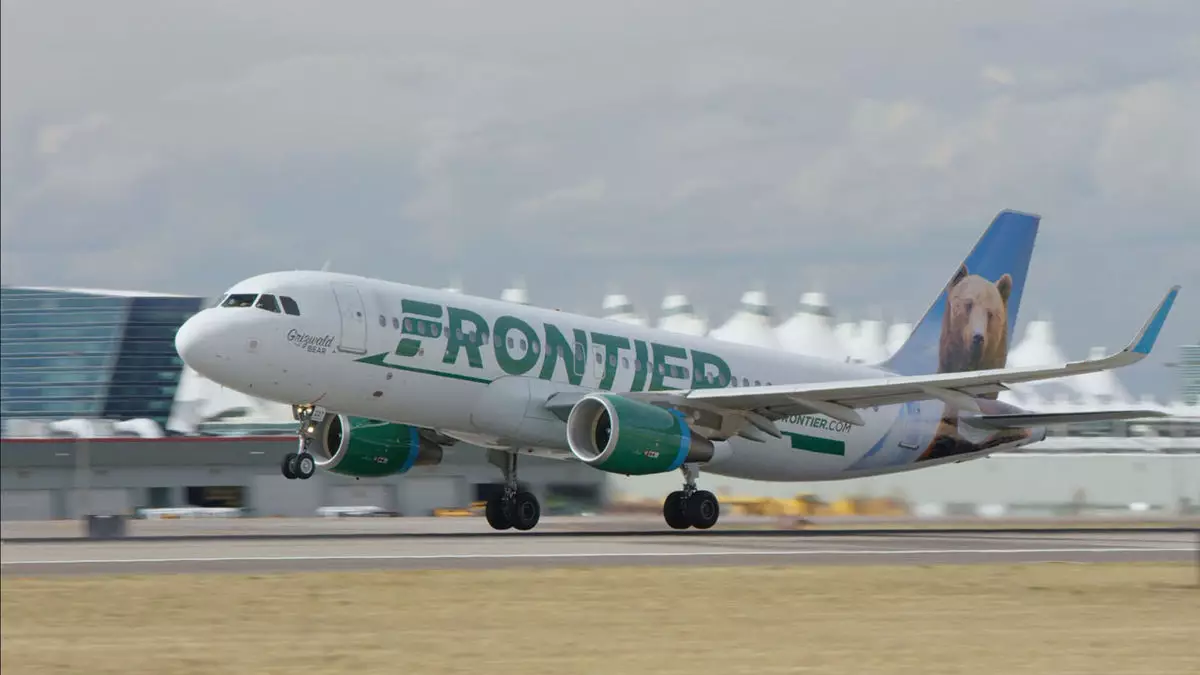United Airlines CEO Scott Kirby expressed skepticism regarding Frontier Airlines’ new merchandising model. According to Kirby, Frontier’s decision to pivot away from leisure routes and take on major U.S. airlines on select non-leisure routes is a risky move that is bound to fail. Kirby criticized Frontier for attempting to upend its established business model, which he described as catering to low-cost, price-sensitive leisure customers.
In response to Kirby’s comments, Frontier Airlines CEO Barry Biffle pushed back by suggesting that United Airlines may be feeling pressure from the competition. Biffle expressed confidence in Frontier’s new direction and wished United well. Despite the criticism from Kirby, Frontier is determined to continue with its new merchandising strategy, which includes selling bundled fares at the beginning of the booking path.
Kirby also expressed concerns about Spirit Airlines potentially following a similar path as Frontier. He warned that adopting a new merchandising model that strays from their traditional low-cost approach could spell trouble for Spirit as well. Like Frontier, Spirit has also made changes such as eliminating change and cancellation fees in an effort to attract more customers. However, Kirby’s comments suggest that this shift may not be sustainable in the long run.
The criticism from United Airlines CEO Scott Kirby highlights the challenges that ultralow-cost carriers like Frontier and Spirit are currently facing. With the airline industry undergoing structural changes that favor full-service carriers, the pressure is mounting on budget airlines to rethink their business models. While Frontier’s decision to introduce bundled fares may seem like a way to compete with larger airlines, the risks involved in deviating from their core customer base could potentially lead to failure.
The debate surrounding Frontier Airlines’ new merchandising model raises important questions about the future of ultra-low-cost carriers in the airline industry. While innovation and adaptation are essential for survival in a competitive market, straying too far from a successful business model can have unintended consequences. As Frontier and Spirit navigate these changes, the industry will be closely watching to see whether their bold moves will result in success or failure in the long run.

